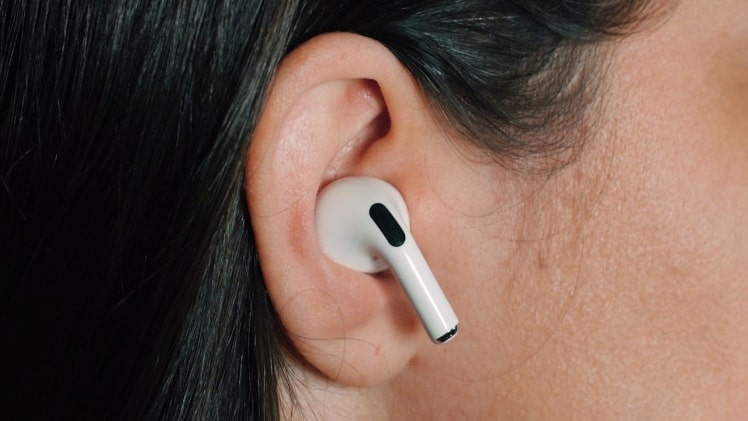Are you worried about your hearing health? With sound pollution and loud noises becoming increasingly common in our everyday lives, it is important to be aware of the potential risks and take steps to protect our ears.
In this article, we will explore how our sense of hearing works and why it is so important for us to protect it. We’ll also discuss noise-induced hearing loss, its effects on our ears, and what you can do to protect your hearing from further damage.
How does our sense of hearing work?
Our inner ear contains tiny hair cells, which convert sound waves into electrical signals. These signals are then sent to the brain where they are interpreted as sound. Our range of hearing is determined by the number of hair cells in our inner ear, and this can vary from person to person.
Unfortunately, loud noises can damage these delicate hair cells, leading to noise-induced hearing loss. Noise-induced hearing loss can occur as a result of prolonged exposure to loud noises or even a single extremely loud sound.
When this happens, the hair cells in the inner ear are damaged or destroyed and can no longer send signals to the brain. This results in hearing loss, which can range from mild to severe depending on the severity of the damage.
What are the effects of loud noises on our ears?
Prolonged exposure to loud noises can cause permanent damage to our ears, resulting in ringing in the ears (tinnitus), muffled hearing, and a decrease in the ability to hear certain frequencies.
Additionally, it can lead to audiogram testing being necessary to assess any permanent damage done. Audiogram testing is a type of hearing test that measures the intensity at which a person can perceive sound across different frequencies. If audiogram testing shows that there has been damage to the inner ear, hearing aids may be necessary.
How can I protect my hearing?
There are several steps you can take to protect your ears from further damage. Here are some tips:
- Avoid prolonged exposure to loud noises. If you must be in a noisy environment for an extended period of time, wear ear protection such as earplugs or noise-canceling headphones. The louder the noise, the more protection you need.
- Take frequent breaks from loud noises. If you are in an environment where there is a continuous loud noise, make sure to take regular breaks to allow your ears a chance to rest and recover. It is also important to give your ears a break after listening to loud music or attending live events.
- Have regular hearing tests. If you are concerned about the effects of loud noises on your ears, it is recommended that you have regular hearing tests to check for any signs of damage or decline in hearing ability. This can help ensure that any potential hearing problems are identified and addressed as soon as possible.
What are the signs that indicate a problem with my hearing?
If you experience any of the following symptoms, it may be an indication that there is a problem with your hearing:
- Difficulty understanding speech in noisy environments;
- Trouble grasping conversations over the phone;
- Difficulty hearing high-pitched sounds;
- A persistent ringing in the ears (tinnitus); and/or
- An overall decrease in your ability to hear.
If you experience any of these symptoms, it is recommended that you have a hearing test as soon as possible. This can help identify any potential hearing loss and allow you to take the necessary steps to protect your hearing.
Our sense of hearing is something that we often take for granted, but it’s important to be aware of the risks and take steps to protect our ears. By understanding noise-induced hearing loss, its effects on our ears, and tips for protecting your hearing, you can help ensure that your ears stay healthy for years to come.

